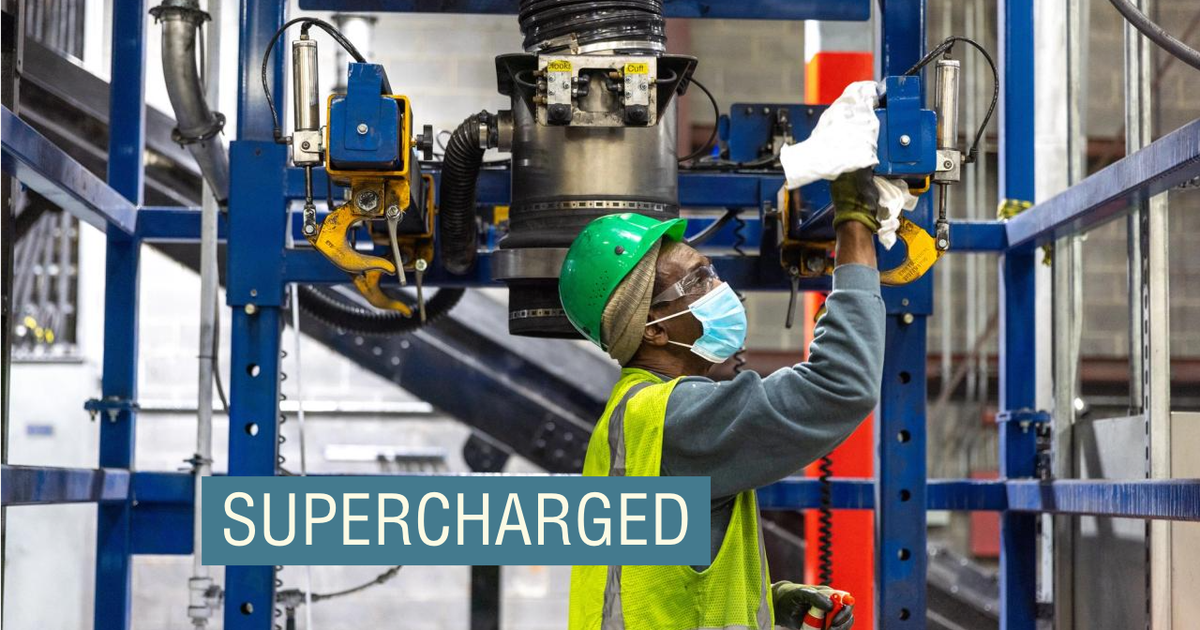If the point of US President Donald Trump’s tariff campaign is ultimately to revitalize US manufacturing, few industries should be better poised to take advantage than battery producers. China still dominates global battery production, but the US has been racing to catch up, and investment in domestic battery factories has proven to be one of the strongest tangible outcomes of the Inflation Reduction Act. In 2020, US battery factory investment was about $500 million per quarter, about equal to Europe; by 2024 it was nearly $12 billion.
It’s been clear for years that exposure to Chinese battery supply chains is a glaring weakness in US EV and grid buildout ambitions. Some vehicle manufacturers, like Ford, responded by making deals to partner with Chinese battery companies but maintaining the actual manufacturing on US turf. Meanwhile, a number of startups spotted an opportunity to leverage chemistry to gain a supply security advantage, innovating batteries that needed little or no lithium, graphite, or other minerals whose production and refining are controlled by China. What US entrepreneurs lacked in geology, they made up for in the lab.
They also identified that batteries were ripe for technological innovation in a way that solar panels, which are also dominated by China, aren’t; catching up to China’s economies of scale on solar remains daunting, but running a tech endgame around conventional Chinese lithium-ion batteries is a more promising way for the US to get ahead on clean energy. Higher trade barriers with China, which will drastically increase the price for many batteries, make those bets more likely to succeed.
There have been some steps backward in the US battery industry recently, including cancelled factories in Georgia and Arizona and scaled-back plans in Kentucky. Some alternative chemistry bets went bust. But others are forging ahead, including a $6 billion manufacturing expansion plan announced last month by Wisconsin-based Clarios. Shakeouts and consolidations are natural for any nascent industry, Group14’s Ray said. And between EVs, AI, smartphones, and other battery needs, there’s plenty of room for the industry to grow.
“There is incredible demand for batteries, regardless of what’s happening at the geopolitical level, regardless of whether there’s a recession,” he said. “I don’t think [the onshoring of battery production in the US] is going to be at risk at all.”


